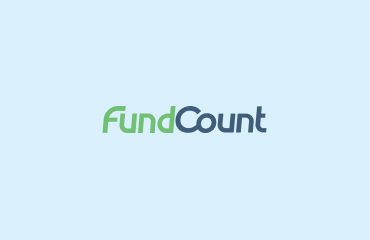The complexity of today’s family office investments calls for more sophisticated, “institutional-quality” accounting systems to ensure wealth preservation. These systems enable the family office to efficiently capture, track and report on the family’s financial activities.

Why now?
High and ultra-high net worth individuals have always needed to manage numerous investments, homes, art collections and other assets across family structures. What’s changed – and what is one of the main forces driving the trend toward institutionalization — is the scale and diversity of these assets.
Today’s wealthy families are more likely than previous generations to have a broad geographic reach. They invest globally and own international homes in addition to multiple domestic residences. Their portfolios cover worldwide markets and include real estate, joint ventures, hard-to-value assets and alternative and higher-risk investments such as distressed debt.
As a result, offices that rely on manual systems will find it challenging to compile data from numerous entities and to keep up with complicated jurisdictional tax laws across the family’s wide-reaching assets.
Regulatory impact
In addition to more complex investments, the changing regulatory landscape in the U.S. and Europe is also driving family offices to adopt a more buttoned-down approach to back-office operations. The Dodd-Frank Act and the Alternative Investment Fund Managers Directive (AIFMD), in particular, continue to keep family offices on their toes.
The Dodd-Frank Act in the U.S. incorporates a provision that excludes single-family offices and some multi-family offices (that meet certain restrictions) from the need to register with the SEC. And in Europe, SFOs (but not MFOs) are exempt from meeting the reporting, disclosure and governance requirements under AIFMD. Determining whether or not the family office qualifies for an exemption requires careful and deliberate management of the family’s financial activities. And transparency.
Transparency is also critical to prove beneficial ownership and to meet FATCA, anti-money laundering Know Your Customer (KYC) and other regulatory mandates. Having an audit-quality infrastructure will facilitate compliance and make it easier for the family office to fulfill its tax and regulatory reporting obligations.
Closing gaps
Fraud is another reason for family offices of all sizes to consider adopting operational and financial policies and procedures that mirror those of larger financial institutions. Family offices often give too much control to a small cadre of trusted employees. Without a system of checks and balances, siphoning of cash and unauthorized use of funds can go undetected for years.
Limiting a single person’s authority, establishing different levels of approval, and implementing policies regarding external resources such as tax specialists, attorneys, investment advisors and consultants, can go a long way to mitigating the risk of fraud.
Take action
Today’s accounting and reporting solutions make it easier than ever for family offices to implement institutional-quality controls. These systems reduce risk and minimize accounting errors. They enable the back office to keep up with ongoing changes in share prices and tax cost bases, properly allocate global assets across complicated family structures, manage the accounting for businesses that are sold or merged, calculate P&L and provide accurate financial reports to stakeholders.
“The complexity of today’s family office investments calls for more sophisticated, “institutional-quality” accounting systems to ensure wealth preservation. These systems enable the family office to efficiently capture, track and report on the family’s financial activities.”
Institutional quality systems provide a holistic view of financial activity across entities for more informed investment decisions. And, they have the added benefit of delivering greater cost efficiencies by automating manual tasks and streamlining repetitive processes.
Contact us to learn how FundCount’s integrated accounting, investment analysis and reporting software can bring your family office to the next level.







